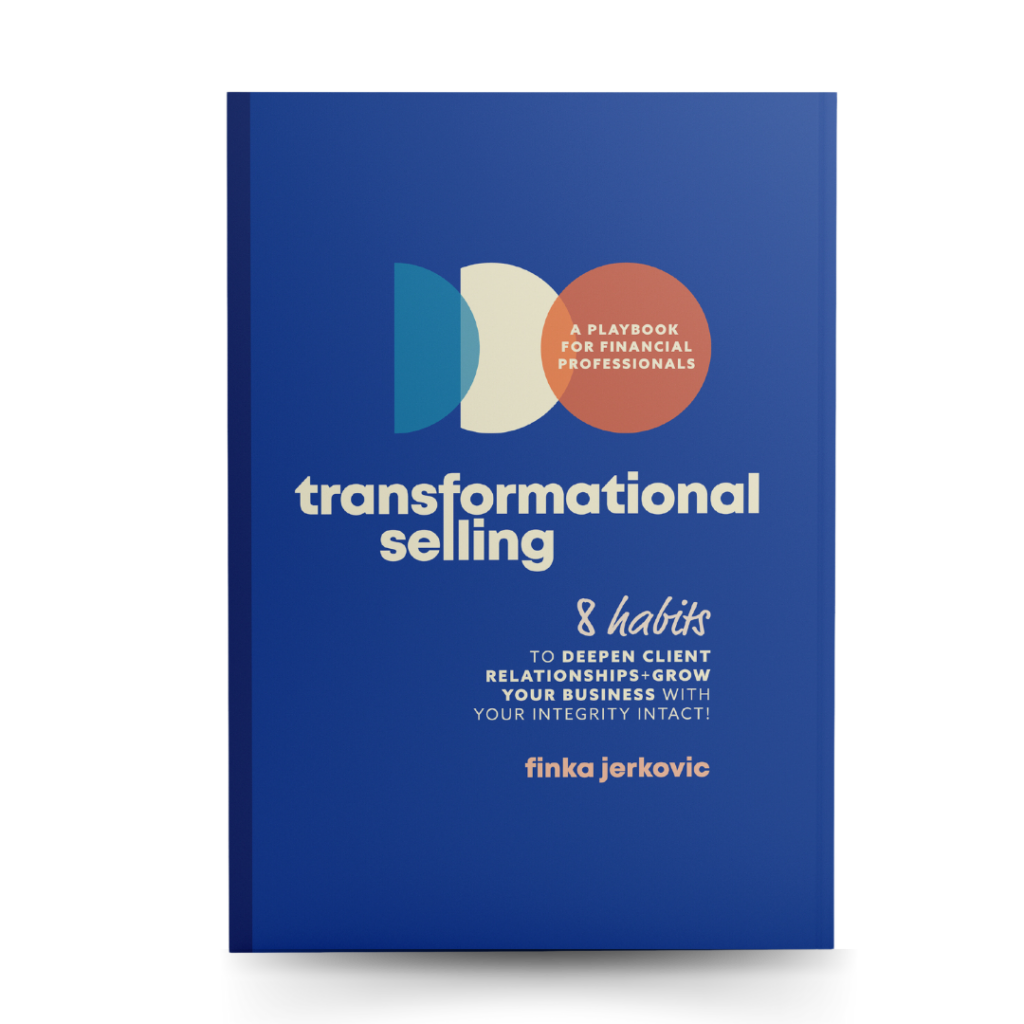With 25+ years of experience in the sales, financial services, coaching, and leadership sphere, there’s one leadership skill I’ve found to have the most impact on my team and the companies I’ve worked with, and that’s coaching.
I didn’t always know what coaching was. But then I became certified, and magic happened. I realized I had it all wrong.
Coaching is so much more than talking to your team and telling them what to do for the next steps.
Coaching is so much more than reviewing performance metrics and finding ways to maintain and increase those numbers.
Coaching is about the employee in front of you and their innate gifts and talents they bring to work every day.
Continue reading to learn the true purpose of coaching in the workplace.
What Exactly Is Coaching?
Coaching is all about aiding the development of a person, guiding them towards goals, growth, problem-solving, etc. It’s all about asking questions, listening, and deeply understanding the perspective and feelings about the person you’re coaching.
Talking vs. Coaching
People may file any 1-1 or team meeting under the category of coaching. I know I used to, but this harms the growth and potential of teams and businesses.
Not every meeting is considered coaching if it doesn’t match the above definition; for example, talking to your team, telling them what to do, and offering advice and solutions for them.
Having direction-based meetings like this vs. coach-based meetings impedes responsibility, problem-solving, and productivity. Why? Because now, any time someone on your team has a hiccup, they’ll come to you for a solution instead of coming up with their own ideas. Not only does this stall productivity and leadership development, but it adds more weight to your plate.
Think of it along the lines of this quote:
“Give a man a fish and you feed him for a day. Teach a man to fish and you feed him for a lifetime.”
The Power of a True Coaching Conversation
Remember how I told you that I originally didn’t know what coaching was and that I had more direction-based meetings?
When I implemented these types of meetings before obtaining my coaching accreditation, my team wasn’t looking forward to “coaching” meetings with me.
They’d avoid eye contact with me, their palms were sweaty, their shoulders slumped when I asked if they were ready for a meeting. Truly, they wanted to avoid meetings; they weren’t the parts of the day they looked forward to.
And with management influencing 70% of an employee’s engagement—yikes. That can have some major business consequences.
But after understanding how to really coach, , I put my learnings into action, and I kid you not, it was night and day.
Now, when I asked my team if they were ready for their bi-weekly meetings, their eyes would light up, they’d grab their notebooks and pens right away, and they’d instantly stand up, heading for the meeting room.
And that is the true impact of proper, transformational coaching. It instills:
- Passion.
- Innovation.
- Excitement.
- Motivation.
- Engagement.
Top 3 Purposes of Coaching
Now you understand the power coaching can have in the workplace. But maybe you still need to see what’s in it for you, your team, and your business when you start implementing coaching into your meetings. Here are three coaching tips and purposes that will fill everyone’s cups.
1. Self-Awareness Expansion
Self-awareness is a powerful tool and is considered a top leadership skill to champion, aside from coaching.
Only 10% of leaders are self-aware, yet it can increase leadership efficacy by 32%.
This is why I love the fact that coaching fuels self-awareness levels. And it does it two-fold: for you as a leader and for your employees too.
There’s only so much you might be aware of, and it might feel like you’re in your own little bubble. And that’s okay.
Let me present to you the Johari Window.

We all have blind spots and biases. But when asking the right questions during coaching conversations, we can open ourselves to these areas and better understand perspectives about ourselves that others may see. You may also uncover the unknown. Coaching can spark curiosity about what we don’t know about ourselves, helping people explore those areas, potentially coming up with new talents and solutions.
2. Experience Insights
At the end of every meeting, there should be a takeaway. Otherwise, why have a meeting that could have been shortened to an email or Teams message? The difference between direction-based meetings vs. coach-based meetings is that with talking, the takeaway is usually a task. Whereas with coaching, it could be a new idea to reflect on or a request to notice certain behaviours in oneself.
As humans, our brains constantly crave “aha” moments, moments where we learn something new or our thought process shifts into a new direction.
Having these moments as your meeting “takeaways” are much more valuable than tasks, as they renew thought ideation and engagement.
3. Enhanced Behaviours
At the end of the day, we all want to see growth and improvement within ourselves and those we work with. Coaching is a perfect way to celebrate your team’s unique skills and milestones while also recognizing tactics that may not be working. But always do it with a growth mindset and ask them questions to help them find their own way forward.
Ready to Be a Transformational Coach?
I challenge you to take a good hard look at your work meetings and conversations to see if they’re direction-based vs. coaching based. What is the quality of your conversations and how will you inject more coaching habits into them?
If you need fresh ideas for coaching questions, download our free resource, the Your Brilliant Coaching Cheat sheet! From encouraging comfort zone expansion to uncovering potential, there’s bound to be questions that will bring out meaningful changes within yourself, your team, and business.



